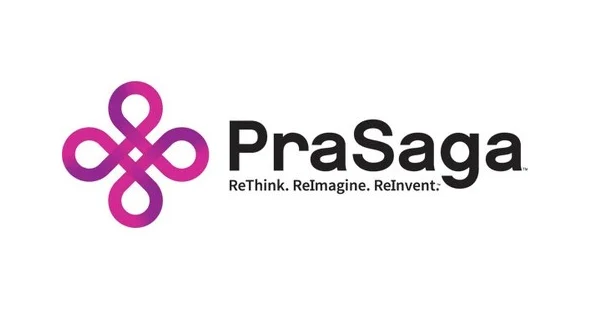Blockchain firm PraSaga has received a patent from the USPTO for its “SagaOS” operating system, the patent can enable the execution of more activities simultaneously and more frequently on the blockchain.

A new release from the USPTO on Tuesday claims that blockchain firm PraSaga, based in Switzerland, has received a patent for its “SagaOS” operating system, which runs on the blockchain.
The methods detailed in U.S. Patent No. 11436039B2, with the title “Systemic Extensible Blockchain Object Model Comprising A First-class Object Model And A Distributed Ledger Technology,” have to do with processing multiple messages passing transactions via blockchain.
Smart contracts now only permit the processing of one transaction or action at a time. However, PraSaga asserts that its secret techniques, which are covered by the patent, can enable the execution of more activities simultaneously and more frequently.
According to the SagaOS team, they intend to build a native SagaChain operating system that will house the class trees and logic for smart assets maintained in individual SagaChain accounts.
David Beberman, a co-founder of PraSaga, chief technology officer, and creator of the technology, commented on the development as follows:
“SagaOS is going to improve the ability for developers to create applications, manage their codebases, and address real-world challenges. We set out to address parallel processing of transactions and in the process built a method for writing blockchain applications that more closely matches other applications environments.”
It took three years for the patent, which was submitted in 2019, to be approved. PraSaga does not yet have a mainnet or its own openly traded token. The company expects to finish both projects by the end of Q2 2023, according to its roadmap.
PraSaga has been hailed as a potential “Transportation Security Administration [U.S. air travel pre-security clearance] precheck” for the regulatory application of blockchain, according to Hester M. Peirce, commissioner of the U.S. Securities and Exchange Commission.

